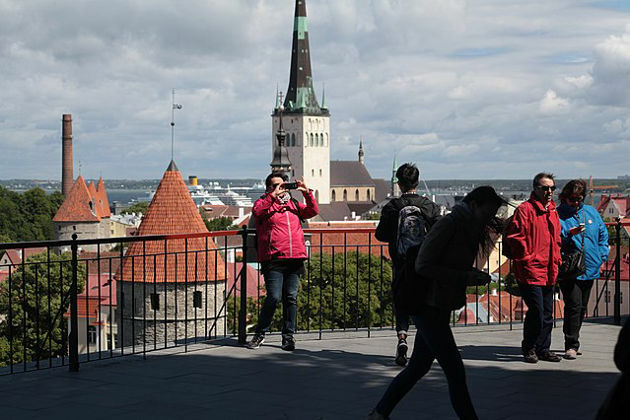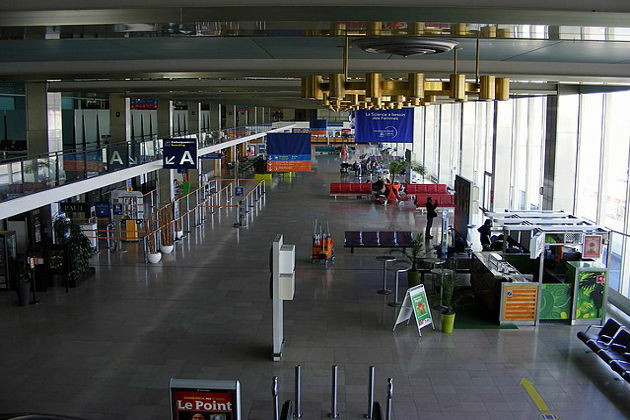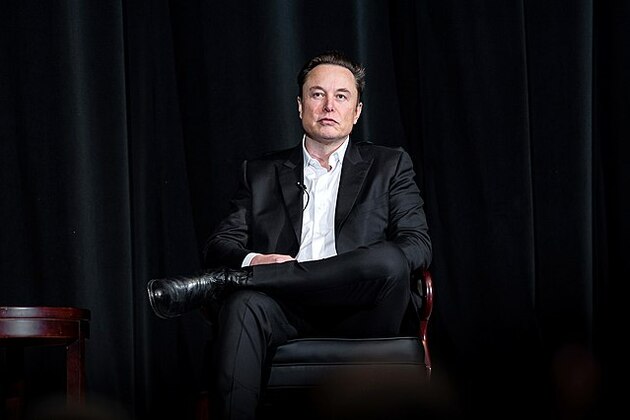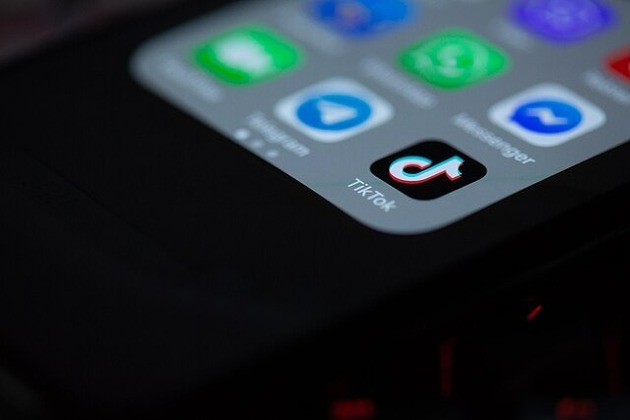Most innovation originates from customers, not companies
The Conversation
12 Sep 2019, 23:56 GMT+10

The mountain bike wouldn't exist if it wasn't for disgruntled customers. In the 1970s, some cyclists wanted to ride off-road but were let down by existing bikes that weren't suited to rugged terrain. They adapted road bikes, fitting them with strong frames, motorcycle drum brakes and balloon tyres, and so the mountain bike was born.
And the GoPro camera only exists because its creator, Nick Woodman, wanted to take photos of himself while surfing. He strapped a disposable camera to his wrist, but soon realised the limitations of this setup: the camera was too shaky and the casings weren't waterproof. He locked himself away and started work on a GoPro prototype. What began with a frustrating surf trip led to a company valued at USD$3 billion at the initial public offering in 2014.
These are just two examples among many of customers - rather than research and development teams at large firms - driving innovation.
The share of user innovation varies by sector, but in some fields, such as kayaking equipment, off-label drug therapy and mobile banking services more than 50% of all innovations originate with the users of the products themselves. Another study found that 6.1% of the UK population had created a product from scratch or modified an existing product. Each of these people invested Pound 1098 on average each year in these projects.
This amounts to total consumer investments of Pound 3.2 billion in improving and inventing new products - more than 1.4 times the annual Pound 2.2 billion that UK firms spend on research and development. With the rise of information technology and the internet, people can share their designs for free while 3D printing and public workshops lets people create them.
Despite this, the role of ordinary people in innovation is largely overlooked. A recent study in Germany asked managers and politicians to estimate the respective share of different sources of innovation - producer firms, universities and the users of products themselves - in nine different fields, including scientific instruments, medical apps and windsurfing equipment. They underestimated the share of user innovation by more than half.
Bottling untapped potential
Why do some people innovate? According to researcher Eric von Hippel, users spot problems with existing products and new needs while using them in their daily lives. They push the boundaries of what existing products can do and realise that what's out there isn't good enough for what they want to do.
Still, the study reports that user innovation is a largely invisible phenomenon because people rarely share their work. If their problem with the original product is solved, they usually stop. Not everyone sees that many other people might actually benefit from their innovations.
Firms might later pick up these ideas or prototypes and develop a product around them before eventually selling it. After some years in the development pipeline, it's likely forgotten that the new product originated with a regular customer. Firms may hide the origin of user innovation as they seek to protect their own intellectual property too.
Our research suggests that an easy way to find and tap into user innovation is involving employees in product development who also use the firm's products outside of work. These people could be the tennis player who's employed by a racket firm or the gamer who works for a videogame developer. These workers test these products in their own time and bring their ideas into the business. If the ingenuity of these people is then recognised and rewarded, then the business will learn to tap into the 50% of innovations that would otherwise remain undiscovered.
Author: Tim Schweisfurth - Associate Professor for Technology and Innovation Management, University of Southern Denmark 
 Share
Share
 Tweet
Tweet
 Share
Share
 Flip
Flip
 Email
Email
Watch latest videos
Subscribe and Follow
Get a daily dose of Belgium Sun news through our daily email, its complimentary and keeps you fully up to date with world and business news as well.
News RELEASES
Publish news of your business, community or sports group, personnel appointments, major event and more by submitting a news release to Belgium Sun.
More InformationEurope
SectionFans perform WWII-era Fascist salute at Marko Perković’s mega concert
ZAGREB, Croatia: A massive concert by popular Croatian singer Marko Perković, known by his stage name Thompson, has drawn widespread...
Ireland’s citizens undeterred as Europe swelters in record heat
DUBLIN, Ireland: Despite extreme heat gripping much of mainland Europe, Irish holidaymakers are pressing ahead with their travel plans,...
Beijing hits back at EU with medical device import curbs
HONG KONG: China has fired back at the European Union in an escalating trade dispute by imposing new restrictions on medical device...
Summer travel in chaos as French air traffic controllers walk off job
PARIS, France: A strike by French air traffic controllers demanding improved working conditions caused significant disruptions during...
Gas station blast injures 40 in Rome, kids narrowly escape
ROME, Italy: Quick thinking by emergency responders helped prevent greater devastation after a gas station explosion in southeastern...
Weapons pause by Trump signals shift away from foreign wars
WASHINGTON, D.C.: President Donald Trump is drawing praise from his core supporters after halting key arms shipments to Ukraine, a...
International
SectionThousands gather in Himalayas as Dalai Lama celebrates 90th birthday
DHARAMSHALA, India: The Dalai Lama turned 90 on July 6, celebrated by thousands of followers in the Himalayan town of Dharamshala,...
Fans perform WWII-era Fascist salute at Marko Perković’s mega concert
ZAGREB, Croatia: A massive concert by popular Croatian singer Marko Perković, known by his stage name Thompson, has drawn widespread...
U.S. Treasury Secretary says Musk should steer clear of politics
WASHINGTON, D.C.: Elon Musk's entry into the political arena is drawing pushback from top U.S. officials and investors, as his decision...
TikTok building U.S.-only app amid pressure to finalise sale
CULVER CITY, California: TikTok is preparing to roll out a separate version of its app for U.S. users, as efforts to secure a sale...
Trump defends use of 'Shylock,' citing ignorance of slur
WASHINGTON, D.C.: President Donald Trump claimed he was unaware that the term shylock is regarded as antisemitic when he used it in...
Summer travel in chaos as French air traffic controllers walk off job
PARIS, France: A strike by French air traffic controllers demanding improved working conditions caused significant disruptions during...











